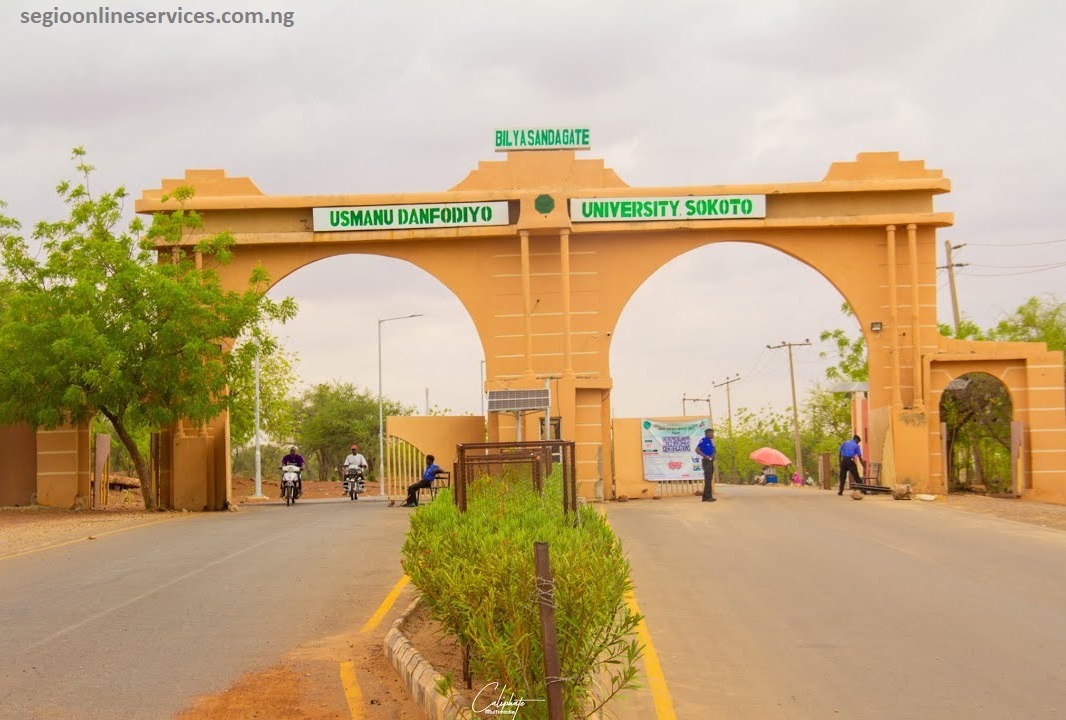
NIGERIA BREAKS RECORD IN HEALTHCARE EDUCATION WITH 115000 NURSING INTAKES
In a major stride for Nigeria’s healthcare and education sectors, the Federal Government has announced a record-breaking surge in annual nursing student enrollment—from 28,000 in 2023 to an impressive 115,000 in 2025.
This development marks a key achievement under the administration of President Bola Ahmed Tinubu, GCFR, who assumed office on May 29, 2023. The initiative forms part of his Renewed Hope Agenda, with a strong emphasis on revitalizing the education and healthcare systems, particularly in the areas of Science, Technology, Engineering, Mathematics, and Medical Sciences (STEMM).
Speaking at a press briefing in Abuja, the Minister of Education, Dr. Maruf Olatunji Alausa, described the surge as a “transformative milestone” and reaffirmed the Federal Government’s commitment to expanding access to professional education in high-demand sectors.
“We set out with a target to increase enrollment to 110,000 nursing students annually, but we have surpassed that, reaching 115,000. This is not just a number—it reflects our dedication to addressing both national and international shortages of qualified healthcare workers,” Dr. Alausa said.
The collaborative efforts between the Federal Ministry of Education and the Ministry of Health & Social Welfare—headed by Professor Muhammad Ali Pate—were instrumental in achieving this goal. The government credited stakeholders including the Nursing and Midwifery Council of Nigeria, teaching hospitals, and key industry players for their support.
Director of Press and Public Relations at the Ministry of Education, Mrs. Boriowo Folasade, said the increased enrollment capacity is expected to not only improve healthcare delivery within Nigeria but also enhance the country’s position as a source of skilled nursing professionals globally.
The expansion of nursing admissions is seen as a timely and strategic move, especially as global health systems continue to face workforce shortages. Education analysts have hailed the achievement as one of the most significant developments in Nigeria’s post-pandemic education policy landscape.





Be the first to comment